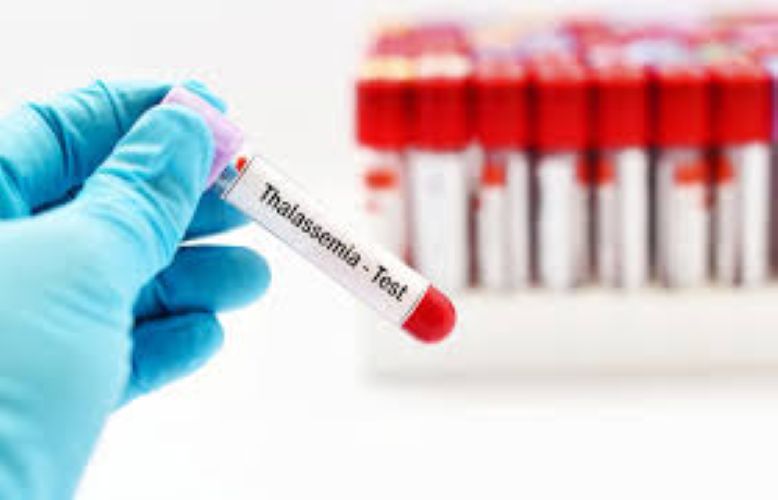World Thalassaemia Day: Concern over access to care

Team L&M
As India joins the global community in observing World Thalassaemia Day (May 8), the spotlight is once again on a staggering healthcare challenge: the country is known as the “thalassaemia capital” of the world. With over 100,000 children currently living with thalassaemia major, an inherited blood disorder marked by reduced haemoglobin levels, and an estimated 10,000–15,000 new cases being reported annually, the burden is growing.
According to medical experts, thalassaemia is passed down through faulty genes from both parents. While carriers, or those with thalassaemia minor, may lead healthy lives, their children are at high risk of developing thalassaemia major, which requires lifelong blood transfusions and can lead to severe complications, including organ damage and growth impairment.
One of the major contributors to India’s thalassaemia crisis is a lack of awareness about genetic screening and counselling, according to Dr. Roshan Dikshit, Senior Consultant, Haematology & Bone Marrow Transplant, Aakash Healthcare. According to reports, in regions like Punjab, Gujarat, and parts of the Northeast, carrier rates are alarmingly high, but the community knowledge about the disease remains low. The practice of marriage, particularly between first cousins in some communities, further compounds the problem, as it significantly increases the risk of children inheriting the faulty gene from both parents, Dr. Roshan said.
An estimated 42 million Indians are carriers, but without a national registry or mandatory premarital screening in most states, early detection remains a major issue, according to Dr Aakaar Kapoor, CEO & Lead Medical Advisor City XRay and Scan Clinic Pvt Ltd
As per recent estimates, only 17% of patients with blood disorders in India are able to find a suitable stem cell donor, making access to bone marrow transplantation (BMT) – a potentially curative treatment – limited. In countries like Germany, nearly 70-80% of patients find a match due to robust donor registries. India, by comparison, has only around 1.8 lakh registered donors. This leaves a vast majority of thalassaemia patients without viable transplant options, according to Dr. Vibhor Sharma, Sr Consultant & Head – BMT & Medical Oncology (Unit II), Asian Hospital.
In addition to the physical strain and financial burden, patients with beta-thalassaemia are now being found to suffer from neurological issues. These can range from persistent headaches and muscle pain to cognitive decline and tremors. These conditions are often associated with chronic oxygen deficiency, excess iron accumulation, and the therapy given to manage iron overload from frequent transfusions, according to Dr. Praveen Gupta is Principal Director & Chief of Neurology at Fortis Hospital.
Thalassaemia patients often face a lifetime of dependency on transfusions, frequent hospital visits, and the threat of complications. The cost of care, along with societal stigma and lack of systemic support, adds further pressure on affected families, according to Dr Liza Bulsara, Consultant – Hemato Oncology & Bone Marrow Transplant Specialist, Jupiter Hospital.
Experts stress the need for policy-level interventions, expanding the donor registry, and making genetic counselling and screening essential, especially in high-risk communities. Stem cell donation remains a critical yet underutilised area, mired not only by limited awareness but also cultural hesitation and lack of infrastructure.
As India reflects on its thalassaemia crisis this World Thalassaemia Day, the message is clear: awareness, access, and action must go hand in hand to control the disorder that continues to claim young lives across the country, Dr. Vibhor said.

